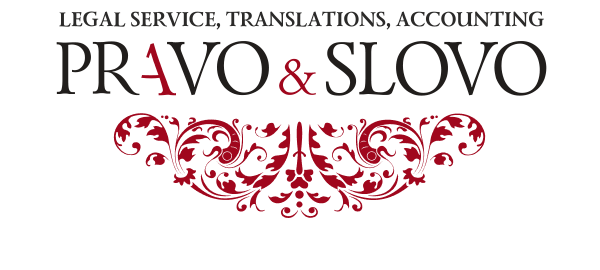Writing Up Rental (Lease) Agreements
Various items or forms of property can be rented or leased. Russian law distinguishes between the following forms of rental:
- item rental;
- vehicle rental;
- buildings and installation leasing;
- facility leasing;
- financial lease.
A rental agreement can be concluded in oral form. In written form, the following is to be envisaged:
- whether the object of the rental is real estate;
- whether one of the parties to the agreement is a legal entity;
- whether the agreement has been concluded for a period longer than one year.
We always recommend consulting a lawyer to write up your agreement for you. However, if for some reason or other, you prefer using templates you find online, you must approach this issue with great care. You must keep in mind that far from all samples downloaded from the Internet are in accordance with the laws in force or can be so general that they don't reflect your interests, don't envisage the procedure for terminating the agreement or the payment procedure, or other important issues. In the event that a dispute arises followed by court proceedings, the agreement signors can't even give a coherent explanation as to why they signed an agreement like that in the first place.
Let’s take a simple example. Many of our clients lease their apartments but meanwhile conclude rental agreements. Although it's worth keeping in mind that these are different types of agreements that come with different rights and obligations for the parties.
In concluding such rental agreements based on templates downloaded from the Internet, you put yourself in a losing position. In our practice, we've experienced cases where the parties have reached an oral agreement that the tenant will live in the space without any pets or will perform a minor repair; meanwhile, the agreement contained no indication of those things at all. As a result, the tenant gets a dog, doesn't perform any repairs, and just says that the agreement indicates nothing of the sort. Or suppose, for instance, that no agreement termination procedure was envisaged so the principal had to contact a lawyer to have those provisions explained to him. Agreement sections related to deposit (security deposit) returns in templates downloaded off the Internet are often written atrociously. As a result, the apartment owner is sure that he doesn’t have to return the deposit while the tenant believes the opposite is the case.
A very common mistake is not paying due attention to the provisions of a rental (or leasing) agreement. It's especially typical when the person is concluding such an agreement for the first time. The landlord (or leaser) thinks that by downloading a template off the Internet and indicating the main provisions in it and discussing the rest of the terms orally, they are protected from any type of misunderstanding. But all oral agreements must be converted into a written agreement! Special attention must be paid to the payment procedure (the method in which it is to be paid and by which date) and the liability for violating the payment date and amount must be written out in detail as well. Furthermore, the rights and obligations of the parties must be written out in detail along with the procedure for terminating the agreement and dispute resolution.
Special attention must always be paid to the essential terms of a rental (leasing) agreement. The law considers the terms detailing the scope of an agreement as essential. Also essential for certain types of rental agreements are the following: the amount to be paid for rent, the duration of the rental, and the means of using the property.
Without these terms and conditions, an agreement will be considered incomplete, since it’s not clear what is being rented. The scope of an agreement must always be written out in detail so that the parties can understand what object is being discussed in the case that it becomes necessary or that they go to court.
Writing up an agreement is a labor-intensive, complex process that requires legal competence and professional experience working in the particular field. We always recommend consulting a lawyer, since they can always indicate all of the essential terms, reflect your interests, and envisage less than obvious provisions that may subsequently prove crucial in resolving situations of conflict.
If you have any questions, give us a call or stop by our office for a consultation.



